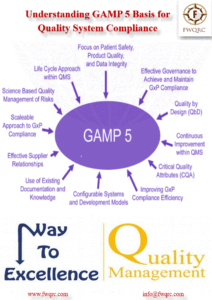The mission of the World Health Organization (WHO) to promote health, keep the world safe and serve the vulnerable is articulated in its global strategy on digital health 2020–2025. At the heart of this strategy, WHO aims to improve health for everyone, everywhere by accelerating the development and adoption of appropriate, accessible, affordable, scalable and sustainable person centric digital health solutions to prevent, detect and respond to epidemics and pandemics, developing infrastructure and applications.
WHO along with many international and regional organizations and national authorities recognizes the potential of Artificial Intelligence (AI) in accelerating the digital transformation of health care.
AI has an evident potential to strengthen health service delivery to underserved populations, enhance public health surveillance, advance health research and the development of medicines, support health systems management and enable clinical professionals to improve patient care and perform complex medical diagnoses.
However, existing and emerging AI technologies, including large language models, are being rapidly deployed without a full understanding of how such AI systems may perform potentially either benefitting or harming end users, including health-care professionals and patients.
Consequently, to facilitate the safe and appropriate use of AI technologies for the development of AI systems in health care, the WHO and the International Telecommunication Union (ITU) have established a Focus Group on AI for Health (FG-AI4H)
WHO document (i.e., ISBN 978-92-4-007888-8) provides a listing of key regulatory considerations and as a resource that can be considered by all relevant stakeholders in medical devices ecosystems, including developers who are exploring and developing AI systems, regulators who might be in the process of identifying approaches to manage and facilitate AI systems, manufacturers who design and develop AI-embedded medical devices, health practitioners who deploy and use such medical devices and AI systems, and others working in these areas
Takeaway: WHO document recommends that stakeholders examine the key considerations and other potential ones as they continue to develop frameworks and best practices for the use of AI in health care in relationship to the key topic areas
- Documentation and transparency
- Risk management and artificial intelligence systems development lifecycle approach
- Intended use and analytical and clinical validation
- Data quality
- Privacy and data protection
- Engagement and collaboration




